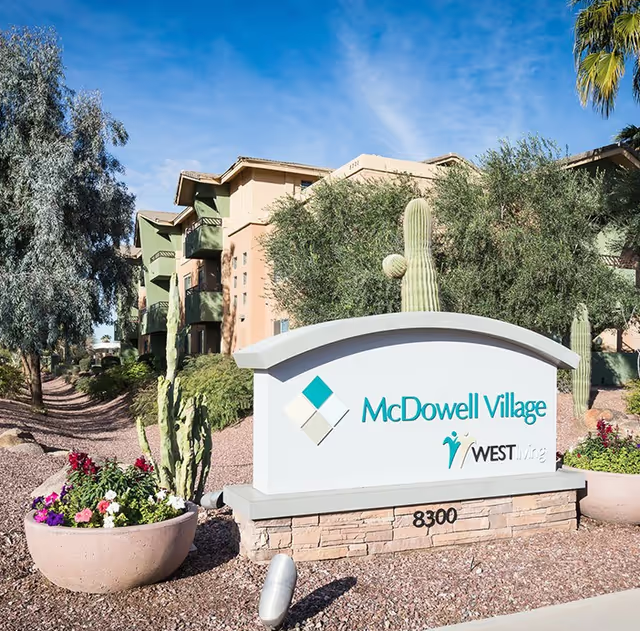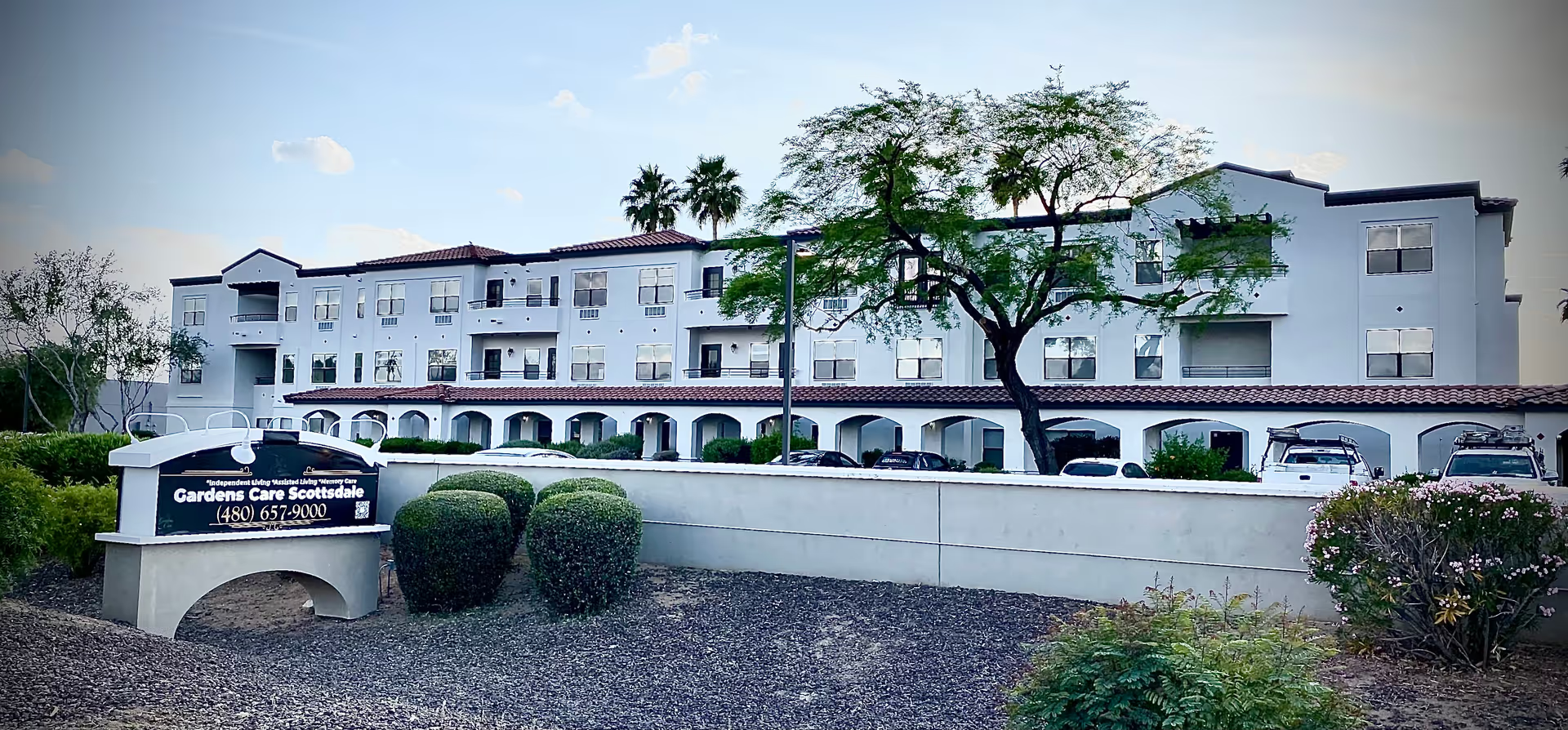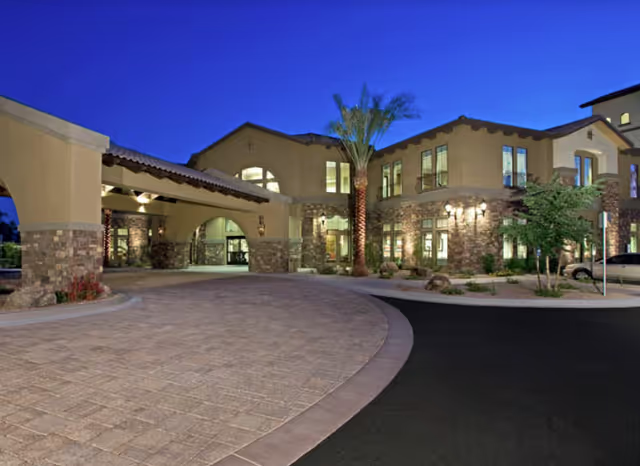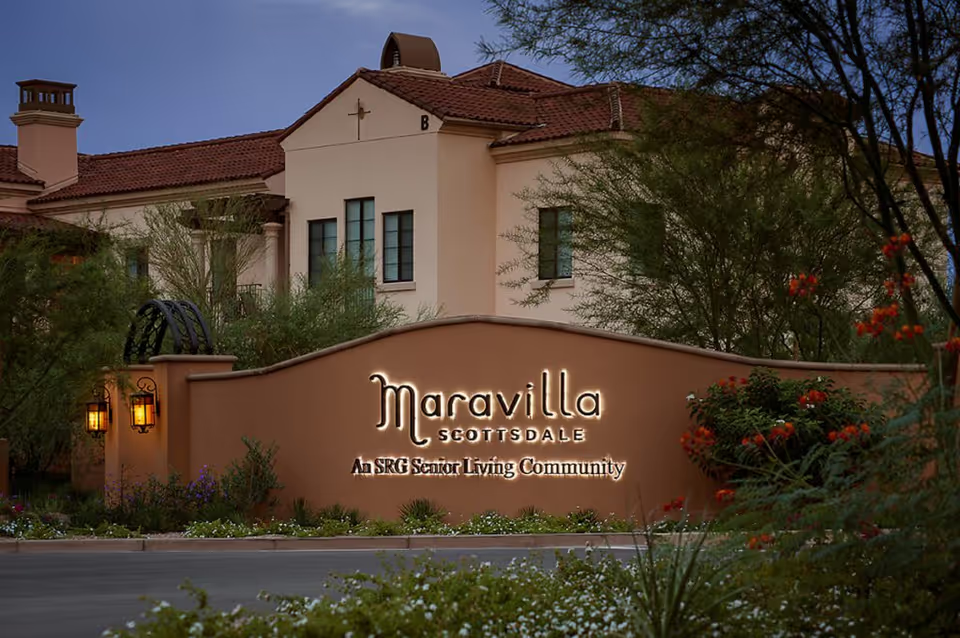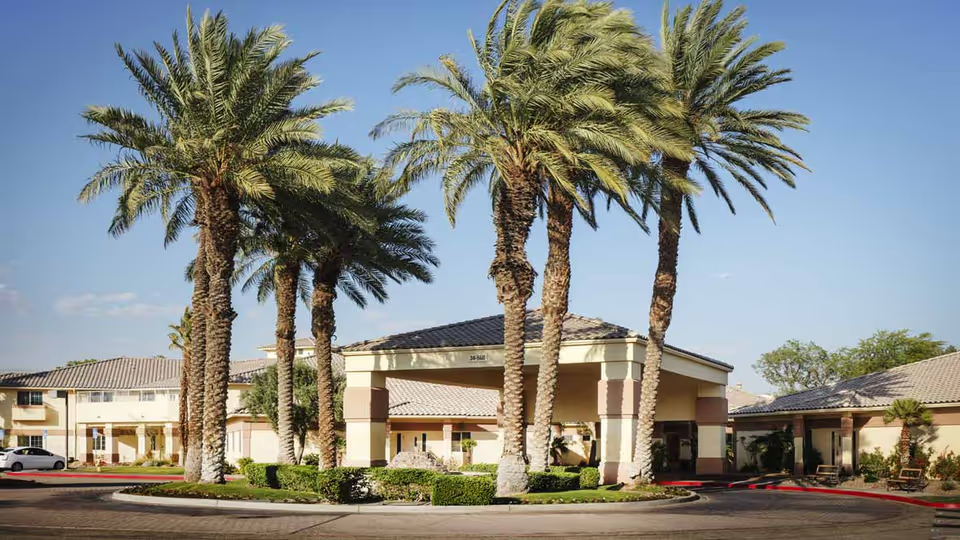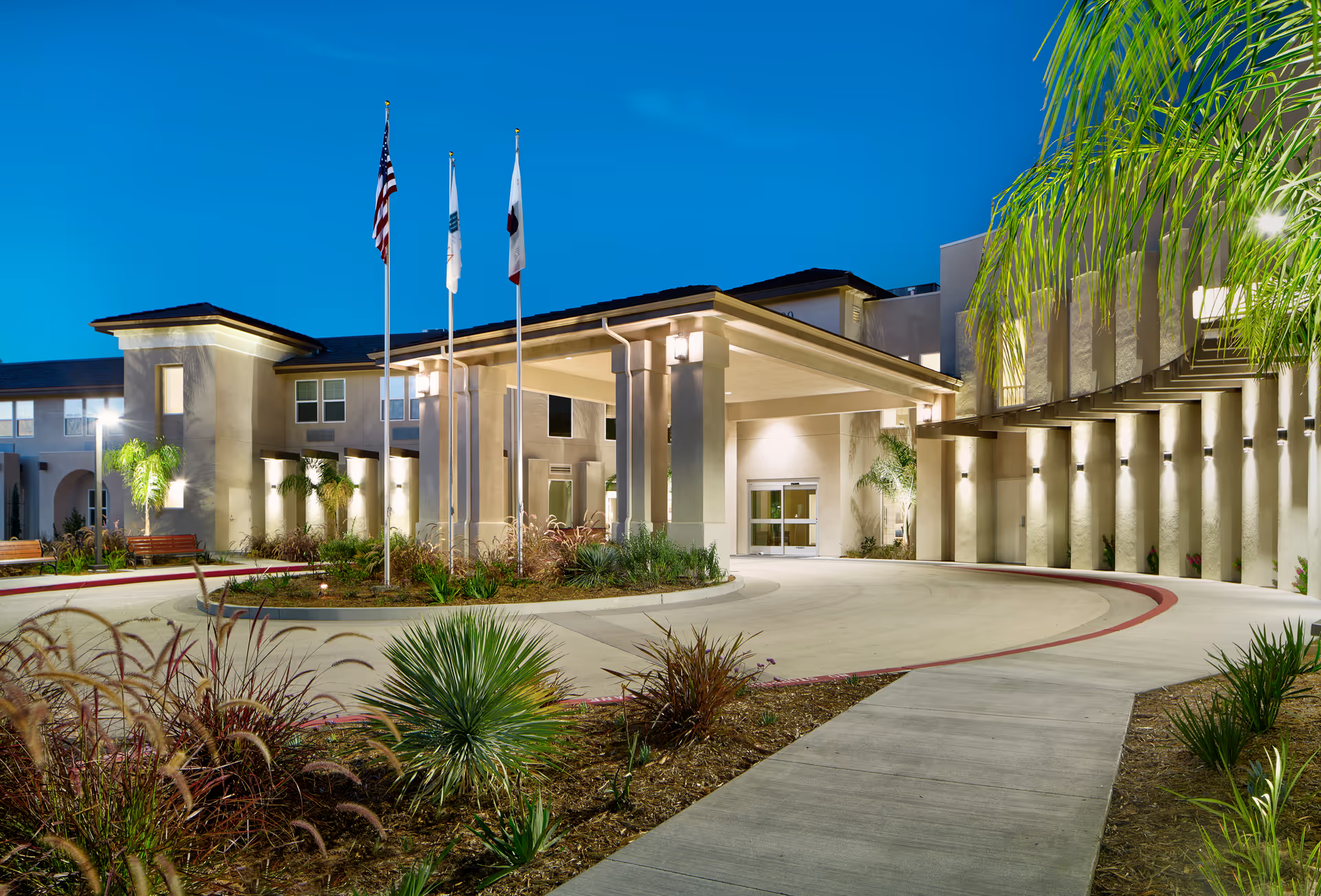Overall impression: The reviews present a mixed but strongly polarized picture of The Rubin Community for Senior Living. Many reviewers praise the facility’s physical environment, kosher dining options, robust activities, and effective rehabilitation services, and describe caring, responsive caregivers. However, a sizable portion of reviews raise serious concerns about inconsistent nursing quality, staffing shortages, management communication and accountability, and safety incidents. Taken together, the pattern suggests The Rubin offers many tangible amenities and strengths but has recurring operational and clinical problems that can materially affect resident experience and safety.
Facilities and environment: Multiple reviews consistently describe the campus as modern, uncluttered, and well-maintained. Positive details include wide corridors with large windows, attractive dining areas, multiple outdoor spaces and courtyards, a pool room, comfortable seating areas, and family-friendly dining. Apartment units are often described as clean and fresh, with one-bedroom assisted-living units noted at roughly 500 square feet and some units offering kitchenettes. Some reviewers, however, describe rooms as average, dated, or small, and a minority reported dirty rooms or an older facility feel. The campus is noted for being secure with 24/7 monitoring and close to Tucson Medical Center.
Dining and nutrition: Dining receives mixed but mostly favorable comments. The facility is Jewish-based and provides kosher meals, with reviewers frequently praising the omelette station at breakfast, made-to-order options, and attractive dining rooms with many small tables. Multiple reviewers described meals as delicious and plentiful. Conversely, a few comments criticized the healthfulness of the food or called dining “adequate” rather than exceptional. The kosher rules for common areas were specifically mentioned, and overall the dining experience appears to be a clear selling point for many residents.
Care quality and nursing: Care quality is the area with the greatest divergence among reviewers. Many accounts applaud the rehabilitation program, physical therapy, and attentive nursing staff who helped residents recover or manage medical needs; on-site nurses, medical drop-ins, hospice assistance, and rehab-focused staff are cited as strengths. At the same time, numerous serious complaints describe inconsistent nursing performance, medication delays (including pain medication), asked-to-do tasks beyond resident ability, ignored call requests, inadequate follow-up for sores or injuries, and even incidents resulting in falls, head injuries, or hospital transfers. Multiple reviewers specifically called out understaffing and unacceptable nurse-to-patient ratios as underlying issues that contributed to these events.
Staff, management, and accountability: Many reviews praise frontline caregivers as friendly, respectful, and responsive, and several accounts describe staff going above and beyond to create a homey atmosphere. However, a recurrent and significant theme is poor administration: reviewers reported unresponsiveness, lack of accountability, misleading or false statements from management, and failure to return family calls. Some reviews detail mishandled transfers, abrupt changes in care, or outsourcing of staffing and therapies, which reviewers felt diminished continuity and oversight. There are also reports of negative staff conduct, including bullying and perceived indifference, which contrast sharply with other reviewers’ positive interpersonal experiences. This inconsistency suggests variable leadership and uneven enforcement of care standards.
Activities and social engagement: The Rubin is repeatedly described as having a varied activities calendar — crafts, bingo, book carts, field trips, religious services, games, and reading sessions. Many residents found the programming engaging and plentiful, and dementia support activities were noted. Yet a subset of reviewers felt activities were boring, underutilized (exercise equipment not used), or not sufficiently active (residents sitting all day without walks). This indicates that while programming exists and is ample, participation quality and tailoring to resident needs may be inconsistent.
Safety and incident reports: Safety concerns appear multiple times across reviews. Descriptions include falls, broken wheelchair brakes, transfer-related injuries, delays in responding to requests, and perceived neglect leading to worsening conditions. Several reviewers linked these safety events to staffing shortages, poor supervision, or administrative failures to address problems. Such reports—particularly when accompanied by allegations of unresponsiveness or dishonesty from administration—are serious and recurrent enough to be a major theme of the feedback.
Rehabilitation, medical access, and services: Numerous reviews singled out the rehab and physical therapy as strengths, reporting successful recoveries and attentive rehabilitation staff. The presence of on-site nursing, hospice services, and access to medical professionals were positives. However, other reviewers complained that rehab was not intensive enough, therapies were outsourced, or staffing shortages limited the consistency and effectiveness of care.
Patterns and overall takeaway: The overall sentiment is mixed: many residents and families are very satisfied, praising the facility’s cleanliness, kosher dining, social programming, and rehabilitation services. At the same time, a nontrivial number of reviews report serious problems in nursing care, safety, administrative transparency, staffing levels, and management responsiveness. The most recurrent and significant red flags are medication delays, staffing shortages, transfer mishandling, and reported falls or injuries. These issues appear to be the primary drivers of negative experiences and are often described as systemic rather than isolated.
What to watch for if considering The Rubin: Because the reviews show both notable strengths and serious concerns, prospective residents and families should verify specific operational details in-person. Important topics to raise include current nurse-to-patient ratios and staffing stability, protocols for medication administration and pain management, fall-prevention measures and equipment safety checks, procedures for transfers and hospital discharges, how administration communicates with families and handles complaints, the consistency of rehab/therapy staffing (in-house vs outsourced), and examples of how leadership has addressed past incidents. Also tour units to verify room size/condition, ask about shared vs private bathrooms, sample meal service, and sit in on programming to judge actual engagement levels.
In summary, The Rubin Community offers many desirable amenities — a pleasant, modern campus, kosher dining, varied social programming, and capable rehab services — and elicits strong praise from a substantial number of residents and families. At the same time, recurring reports of inconsistent nursing care, staffing shortages, safety incidents, and administration failures are significant and should be carefully investigated before making a placement decision.

